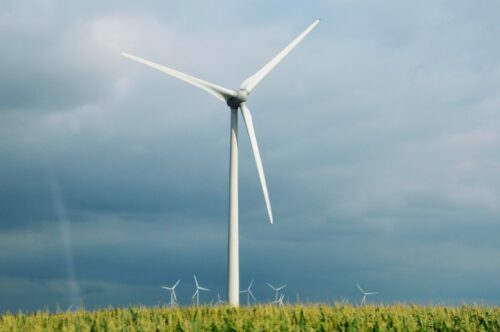
In a recent opinion article published at Utility Dive, two E3 experts explain that advances in grid planning models will be key to achieving a zero-carbon grid that is both reliable and cost-effective. E3 authors Arne Olson and Roderick Go, along with co-authors Scott Burger and Marco Ferrara from Form Energy, identify major shortcomings of most current models, especially their inability to account for long duration energy storage. More advanced models, like the ones E3 has used to help California plan for its zero-carbon future, must better capture both the hour-to-hour dynamics of the grid over contiguous days and key system constraints. These improvements in modeling and planning will help drive innovation while maintain reliability and low costs.
The full article outlines additional shortcomings of current modeling practices as well as other best practices for future system planning.


